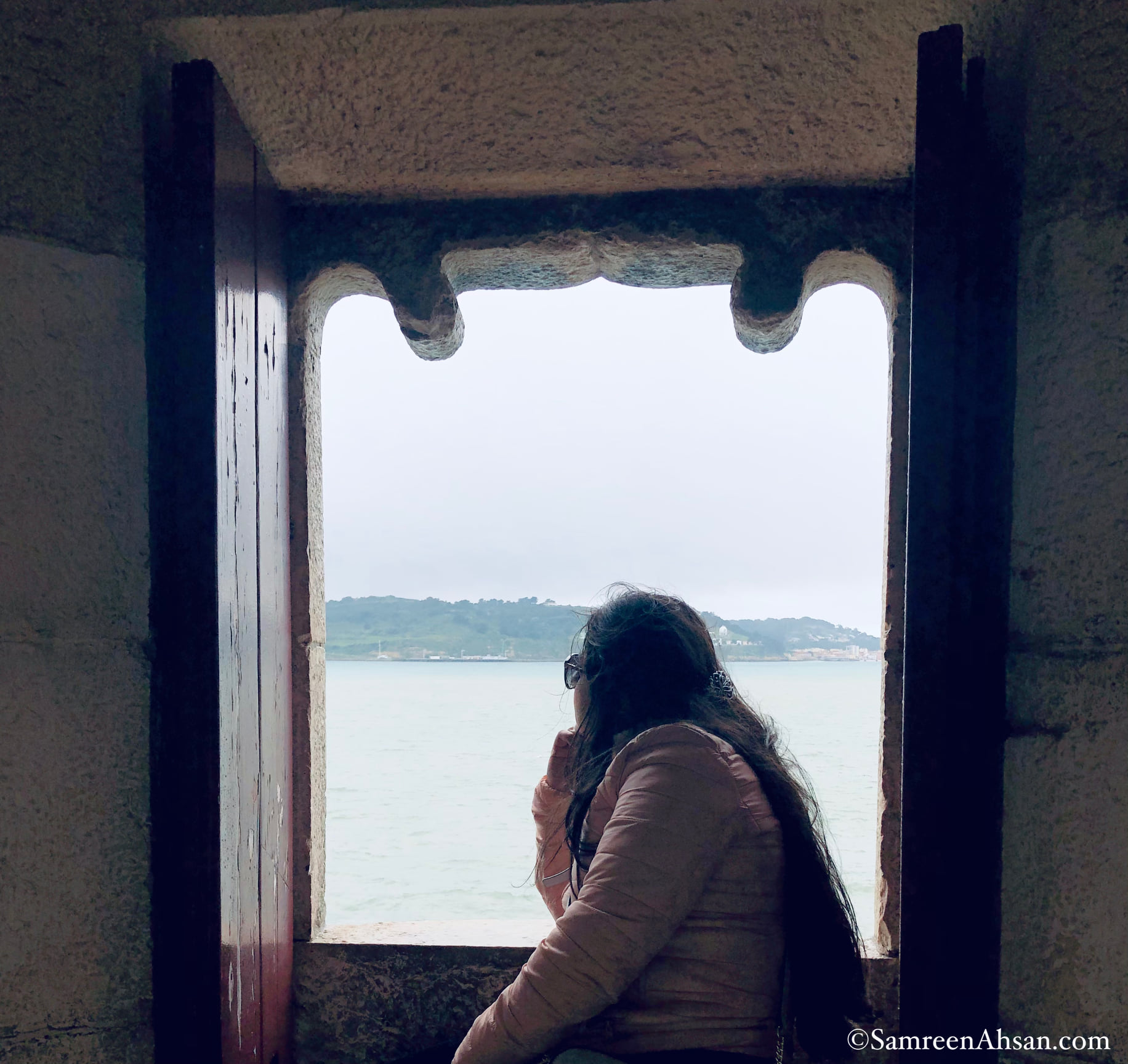As you walk through the alleys of history, you will find that often, power has left its mark on future generations for centuries. In my Pakistani (and in fact, South Asian) culture, one thing that predominantly still lurks in our society, left by the British Raj (British rule) is the ‘gora rung’ trope—a malicious disease in which our culture is still gripped and possessed by this wicked jinni.
In order to ward off the demon, we seek refuge in fairness cremes, salons providing face brightening/ whitening treatments, lighter shades foundations and pressed powders, and these days: Snapchat filters.
I, myself, had been a victim of this terrible disease in my childhood, where I had lived a life of constant comparisons with my ‘gori’ (fair and hence, beautiful) mother and my cousins. Not a single girl in my family was possessed by this demon, except me, who’d mostly ruin the family wedding pictures, always standing out as an ugly duckling. Not that someone critiqued about it, but as a child, who knew she was ugly because of her colour, who was constantly being picked out for her complexion, knew well enough that either, you don’t attend a family wedding, or you don’t appear in the picture.
I was the only daughter, with three brothers (thankfully I had no female sibling to compare), people still passed remarks on my dark colour and from whom I had inherited this disease if my mother is so pretty. So often, I used to consider myself as an adopted child and took refuge in books. I’d say that I was the only bookworm in my family, and that was the only thing I took pride in (and still do).
When I reached my youth, I started noticing how ‘gora rung’ was the most important criteria for a girl to be accepted by a boy’s mother. Yes, not a boy but his mother. In our society, 99% of the women believe that if they bring fair daughters-in-law, their future generations would be gori too (regardless if their sons are dark-skinned). Many of the girls are rejected, despite being educated, with good jobs, noble bloodline—they are not accepted if they are not ‘gori’.When I became a mother, I vowed that since I’m not living in that society anymore, I’d never make my daughter feel this way. She is raised as a Canadian. She has not seen the Pakistani society and its associated demon lurking behind every wall of every house, so she’d never had to think that she is lesser than anyone.
But as she grew and became a teenager herself, she started complaining about her colour, asking me how I have a lighter skin shade then hers and her question made me realize that despite I had left that society, somehow, I had carried this malicious disease within me and passed it to my daughter through my blood—as if the jinni who had possessed me in childhood had travelled across oceans and gripped my child as soon as she was old enough to understand.
Being mothers of sons, can we ever abdicate ourselves from this stereotype, and let our sons marry any girl, of any colour?
As Desi women, can we leave this trope of century-old colonization and write our own histories?
Can we, as South Asians, ever be able to ward off this jinni from our culture?
For discussion, check my media appearance at Community TV Canada:

